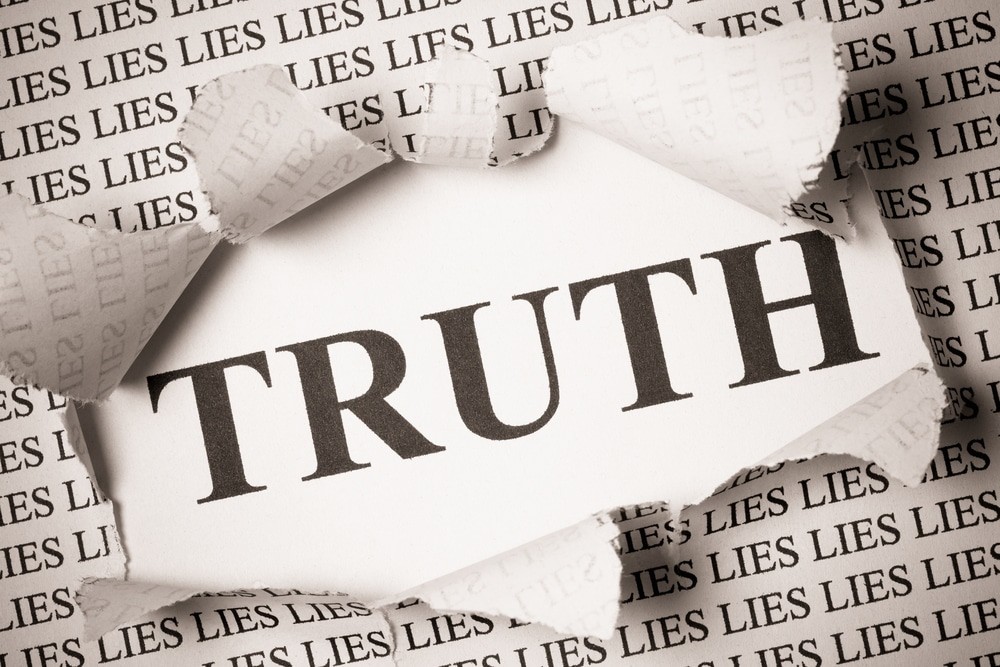
Ernest Hemingway once said, “All you have to do is write one true sentence. Write the truest sentence that you know.” The task seemed simple then.
But today, truth feels like a rarer currency, something we barter rather than believe.
News has become selective. Social media algorithms feed us content tailored to our preferences, while partisan outlets push stories that align with their viewers’ beliefs. Instead of seeking facts, we curate them like playlists, choosing the narratives that fit our worldview.
In this fragmented landscape, the question remains: Are we trading in truth anymore?
Truth, as a commodity, used to be non-negotiable. News was once the pursuit of fact, an honest reckoning with what happened, and where it might lead. Now, we buy and sell versions of the truth that suit our personal narratives.
We choose networks and feeds like we choose products. Want a reality where your side is always right? Fox and MSNBC offer a buffet of confirmation. Want to believe facts are optional? Plenty of outlets will cater to your taste.
Maybe truth hasn’t changed. Maybe we have. We no longer ask if something is true, but if it aligns with what we want to believe.
That’s dangerous. Once truth becomes flexible, the consequences are rigid. It allows leaders to claim “alternative facts,” to sell conspiracies, and to weaponize belief. What’s more, it allows us to accept those lies, as long as they match our worldview.
We curate facts as we curate playlists. It’s easy to tune out the inconvenient, and who needs the whole story when you’ve got the bits that suit you?
But Hemingway’s wisdom still holds. Write one true sentence. Speak one true word. If we stop trading in truth, we lose not just the news but the reality we live in.
Truth is not just a commodity; it’s our compass.
Without it, we’re lost.
